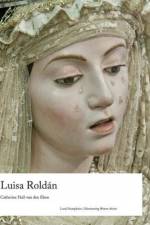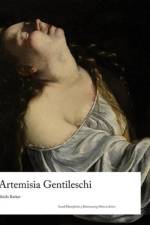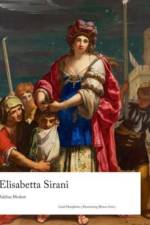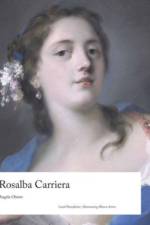av Catherine Hall-van den Elsen
509
This beautifully illustrated monograph presents the first overview in English of the life and work of Luisa Roldán (1652â¿1706), a prolific and celebrated sculptor of the Spanish Golden Age. The daughter of Pedro Roldán, a well-known sculptor from Seville, she developed her talent in her fatherâ¿s workshop. Early in her career she produced large polychromed wooden sculptures for churches in Seville, Cádiz, and surrounding towns. She spent the second half of her career in Madrid, where she worked in both polychromed wood and polychromed terracotta, developing new products for a domestic, devotional market. In recognition of her talent, she was awarded the title of Sculptor to the Royal Chambers of two kings of Spain, Charles II and Philip V. This book places Roldán within a wider historical and social context, exploring what life would have been like for her as a woman sculptor in early modern Spain. It considers her work alongside that of other artists of the Baroque period, including Velázquez, Murillo, and Zurbarán. Reflecting on the opportunities available to her during this time, as well as the challenges she faced, Catherine Hall-van den Elsen weaves the narrative of Roldán's story with analysis, revealing the complexities of her oeuvre. Every year, newly discovered sculptures in wood and in terracotta enter into Roldánâ¿s oeuvre. As her artistic output begins to attract greater attention from scholars and art lovers, Luisa Roldán provides invaluable insights into her artistic achievements.




